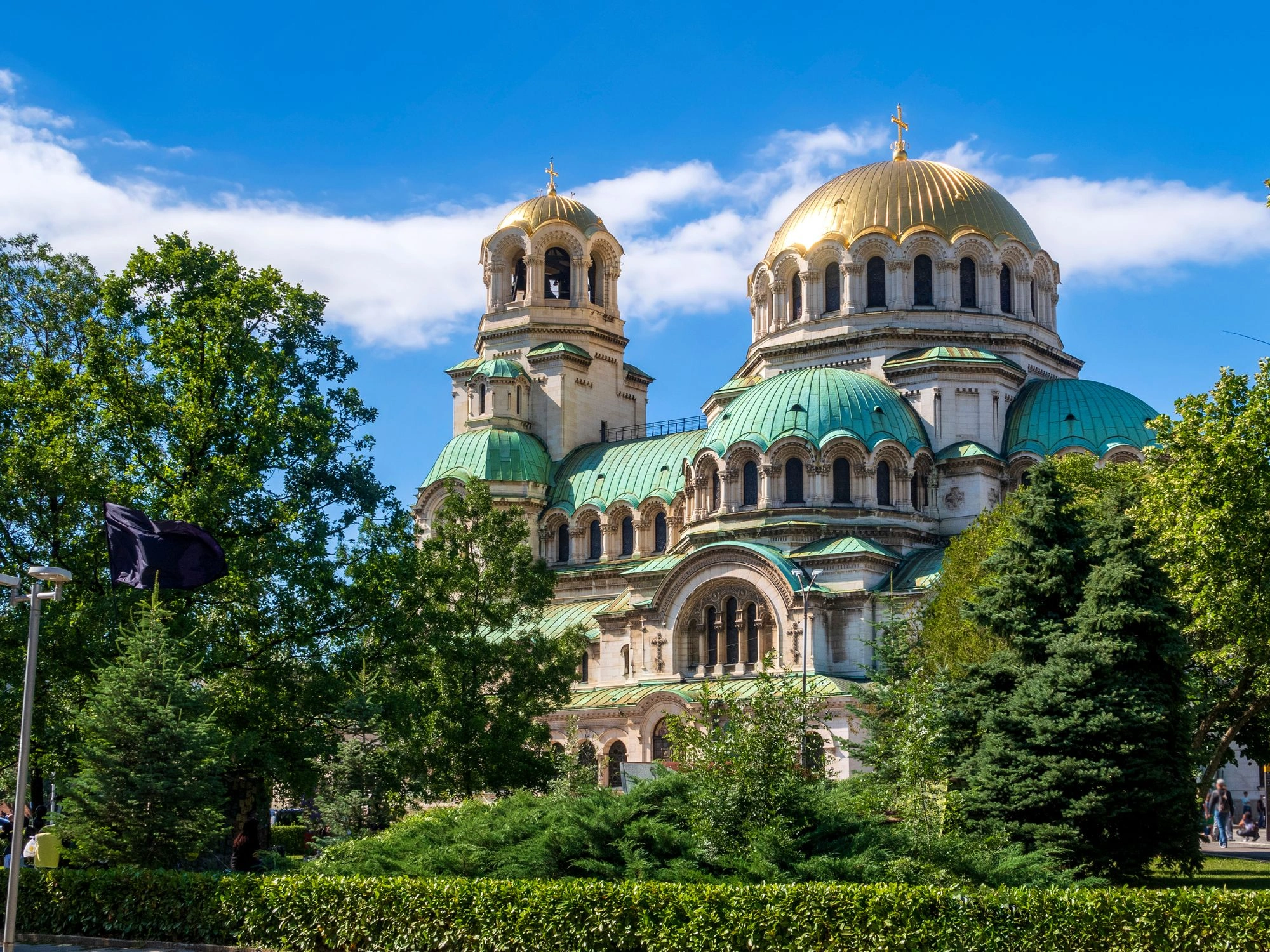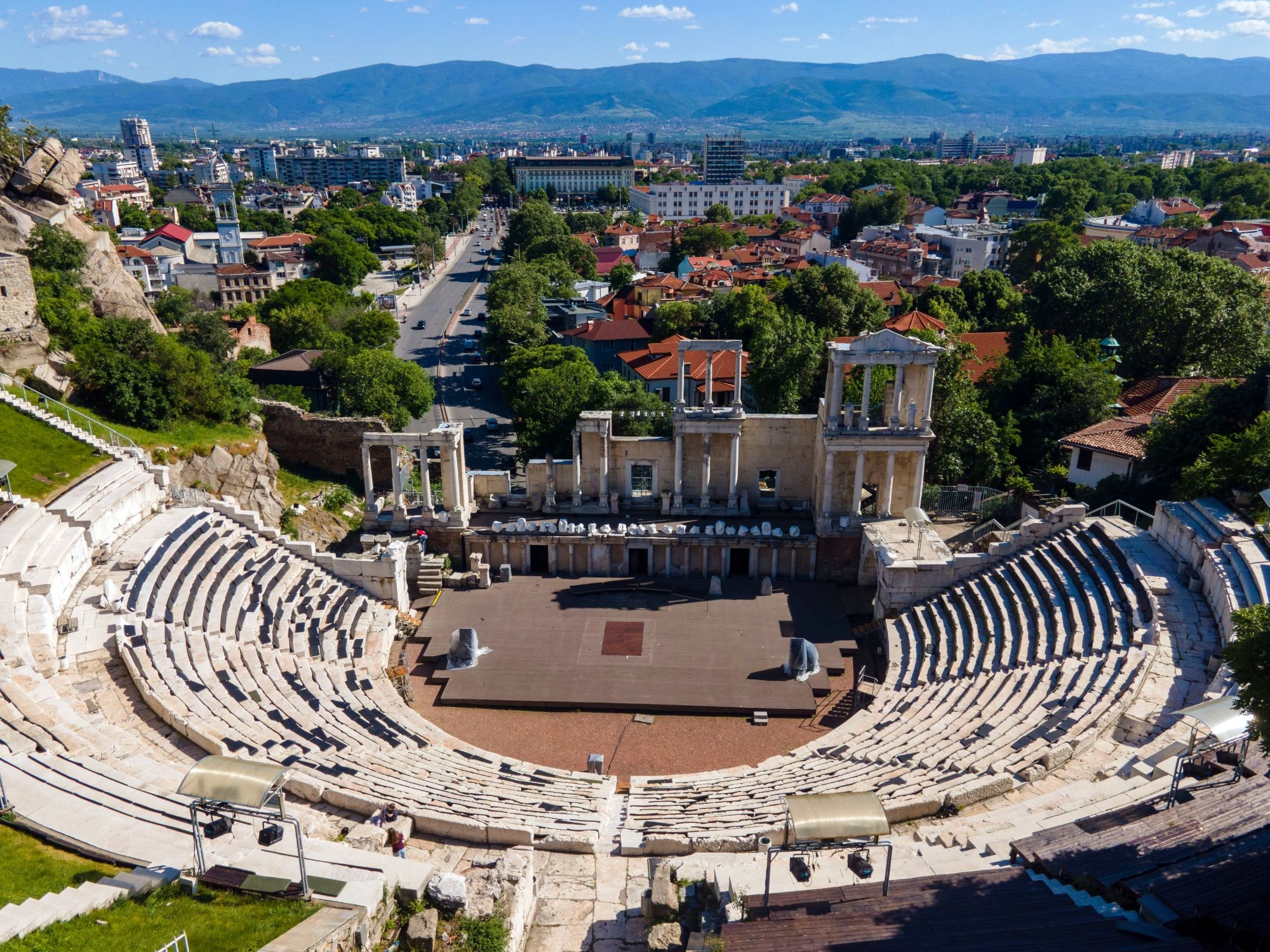What You Need to Know Before Traveling to Bulgaria

Bulgaria is one of Europe’s best-kept secrets — a country where snow-capped mountains meet sun-drenched beaches, where ancient ruins stand beside lively cafés, and where traditions are proudly preserved but shared with warmth. From the cobbled streets of Plovdiv to the peaks of the Rila Mountains and the shores of the Black Sea, Bulgaria is made for curious travelers.
If you’re planning a few days or a full week of discovery, here’s everything you need to know — clear, helpful, and ready to inspire your next trip.
Arriving in Bulgaria: Entry, Visas & First Impressions
As of 2025, Bulgaria is a full member of the Schengen Area, meaning there are no border checks when arriving from or traveling to other Schengen countries — by land, air, or sea.
Citizens of the EU, UK, USA, Canada, Australia, and many other countries can enter visa-free for up to 90 days within a 180-day period in the entire Schengen Zone. If you’ve already been traveling in Europe, your time in Bulgaria counts as part of that same 90-day limit.
Most international visitors arrive via Sofia International Airport, though Plovdiv, Varna, and Burgas also serve regional and seasonal flights. Bulgaria is also easily reached by train, bus, or car from neighboring countries — now with seamless Schengen travel.
Language, Currency & Communication
The official language is Bulgarian, written in Cyrillic script, but English is widely spoken in cities and tourist areas, especially among younger locals. Learning a few basic phrases — like zdravey (hello) or blagodarya (thank you) — is always appreciated.
The currency is the Bulgarian Lev (BGN). Though Bulgaria is part of the EU, it has not yet adopted the euro. Credit and debit cards are accepted in most places, but cash is still useful, especially in small towns and markets. ATMs are everywhere and reliable.
Local SIM cards from A1, Yettel, or Vivacom offer fast data and great coverage. Plans start around €5–10 and can be picked up at the airport or shops in town.
Getting Around the Country
Bulgaria is compact and easy to explore. Trains and buses connect all major cities and regions, though travel can be slow. If you're looking to visit multiple towns or remote villages, a guided tour or private driver is a smart way to save time and go deeper.
In cities like Sofia and Plovdiv, public transport is efficient, and taxis and apps like Bolt or Yellow Taxi are cheap and widely available.
Health, Safety & Emergency Info
Bulgaria is a very safe country for tourists, including solo travelers. Street crime is rare, and people are welcoming and helpful. Like anywhere, keep an eye on valuables in crowded areas.
Tap water is safe to drink, and pharmacies are easy to find in any town. No vaccinations are required for entry. In case of emergency, dial 112 — the standard number for ambulance, fire, and police across the EU.
Travel insurance is recommended, especially if you’re planning outdoor activities like hiking or skiing.
Food, Culture & Local Etiquette
Bulgarian food is full of flavor and local pride. Expect hearty dishes like banitsa (cheese-filled pastry), shopska salad (with tomato, cucumber, and white cheese), kavarma (slow-cooked meat stew), and tarator (cold cucumber soup). Bulgarian yogurt and wines are exceptional — don’t leave without trying both.
Hospitality is taken seriously here. If you’re invited into a home or even a village celebration, say yes — you’ll likely be offered homemade rakia (fruit brandy), delicious food, and stories that stay with you long after the trip ends.
A quick tip: Bulgarians nod for “no” and shake their heads for “yes” — something to keep in mind when asking questions!
When to Visit Bulgaria
The best times to visit Bulgaria are spring (April–June) and autumn (September–October). These seasons bring mild weather, blooming fields or golden forests, and fewer tourists — perfect for city breaks, wine tours, or countryside escapes.
Summer (July–August) is hot and lively, especially along the Black Sea coast, where beach towns like Sozopol and Nessebar come alive. Winter (December–February) is ideal for skiing and snowboarding in Bansko, Borovets, or Pamporovo.
Climate, Packing & Electricity
Bulgaria has a temperate continental climate. Summers are warm, winters bring snow, and the mountains can be cool year-round. Pack layers, comfortable shoes, and a waterproof jacket if you're hiking or exploring nature.
Electricity is 230V, and Bulgaria uses European plug types C and F. Bring a universal adapter if you’re traveling from outside the EU.
Budget & Travel Costs
Bulgaria is one of the best-value destinations in Europe. You can enjoy a delicious meal for €5–8, and a daily mid-range travel budget — including transport, food, and accommodation — ranges between €40–80.
Whether you’re staying in boutique city hotels, traditional guesthouses, or exploring with a local guide, you’ll find your euro goes a long way here.
Ready to Travel?
Bulgaria blends old-world charm with wild beauty — from ancient Thracian ruins and medieval fortresses to mountain trails, mineral springs, and warm local hospitality. It’s a place where every region has its own flavor, and every visit feels a little personal.
Let us help you explore Bulgaria the meaningful way — through culture, connection, and the stories that live in every town and trail.
Book your tour with us, and discover a side of Europe you won’t forget.



.webp)
.webp)








